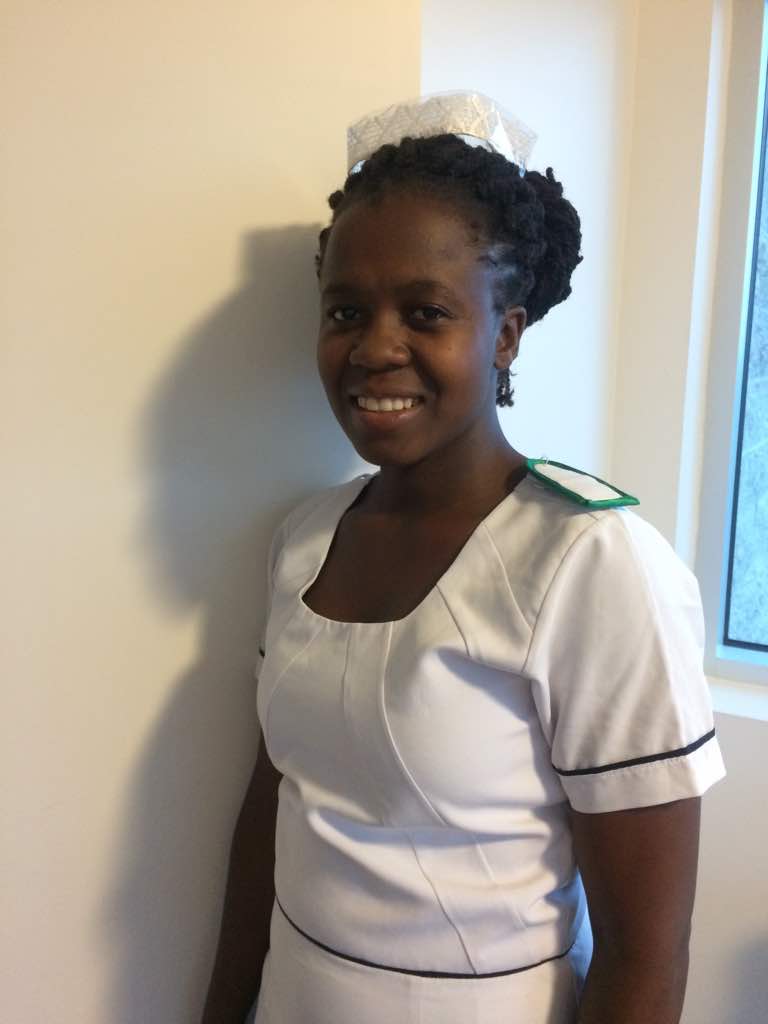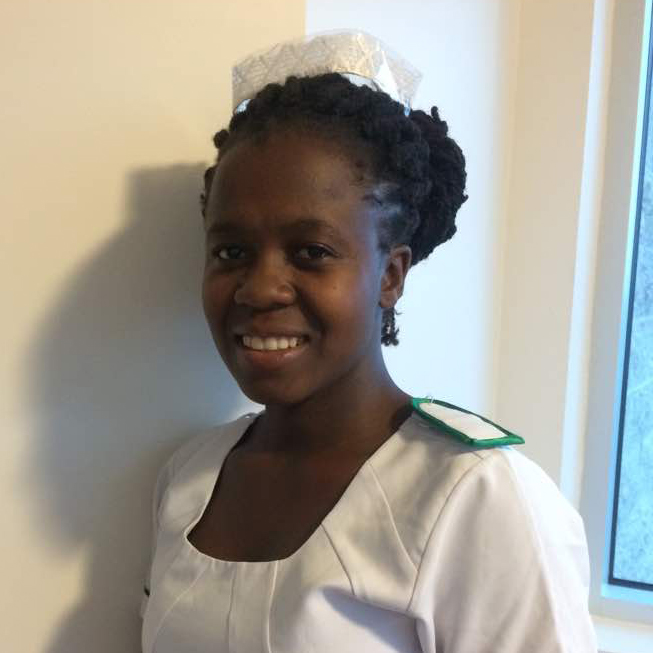
Lucy, Midwife in Malawai
The clinic I visited in Malawi was busy, teeming with people. Lucy was a midwife on duty, caring for the dozens of women who came through every day for antenatal appointments and to give birth. Her colleagues and the people she cared for had high praise for Lucy, describing her as motivated, and as an excellent clinician.
As a midwife, Lucy received newborn resuscitation training brought to her clinic by Save the Children in partnership with Johnson & Johnson to help babies experiencing birth asphyxia (an inability to breathe at birth) take their first breath. Throughout my visit, I could see that Lucy’s passion and work ethic made her an excellent student and implementer. It wasn’t too long before she became an instructor, and a mentor to other young midwives.
“I made sure all care providers working in maternity were mentored,” Lucy told us recently. “I felt proud seeing the decline in referrals due to birth asphyxia from nearby facilities, and hearing success stories from my fellow midwives on how the initiative transformed their skills and confidence.”
Two years after meeting Lucy, I returned to the same clinic in Malawi, wondering if we’d see her again. She was nowhere to be found. Finally, we asked for her by name.
“Oh!” her colleague said. “She left the clinic – and is now the health officer for the district!” We were floored. Her talent, skill, and confidence had helped her reach new heights. Working at the district level, I knew she would have the opportunity to interact on a national level and to influence the way midwifery would be practiced across the country. She’d be able to take the insights she learned at the clinic to empower more midwives and save more lives.
Leaders like Lucy know the challenges midwives are facing every day, and often, they know the solutions too. The ability to implement a solution, to make change, requires leadership skills and a high degree of confidence, in addition to clinical skills. Confidence – the belief that you can do something well or succeed at something – is a distinguishing factor in any leader. In midwifery, a profession where the stakes are very high, it’s especially important. Training helps to build that confidence. One world leader put it very well: “With realization of one’s own potential and self-confidence in one’s ability, one can build a better world.” In midwifery, “a better world” means well-equipped people on the front lines of care, able to ensure more mothers and babies experience a safe birth.
This vision of “a better world” is why Johnson & Johnson, together with our partners like the International Confederation of Midwives, advocates for and supports leadership programs that empower young midwives with the skills they need to bring change.
Midwives equipped with both clinical skills and leadership skills hold the key to a healthy 2030. We know that many of the 300,000 mothers and 3 million infants who don’t survive pregnancy and childbirth globally could be saved.
By focusing on training more midwives, and empowering more young midwifery leaders, together, we can change the trajectory of health for all of humanity.
